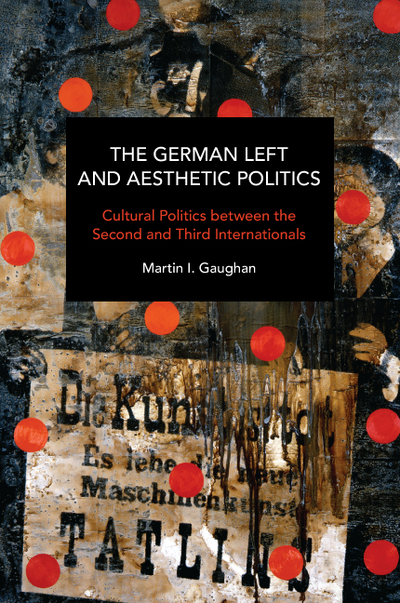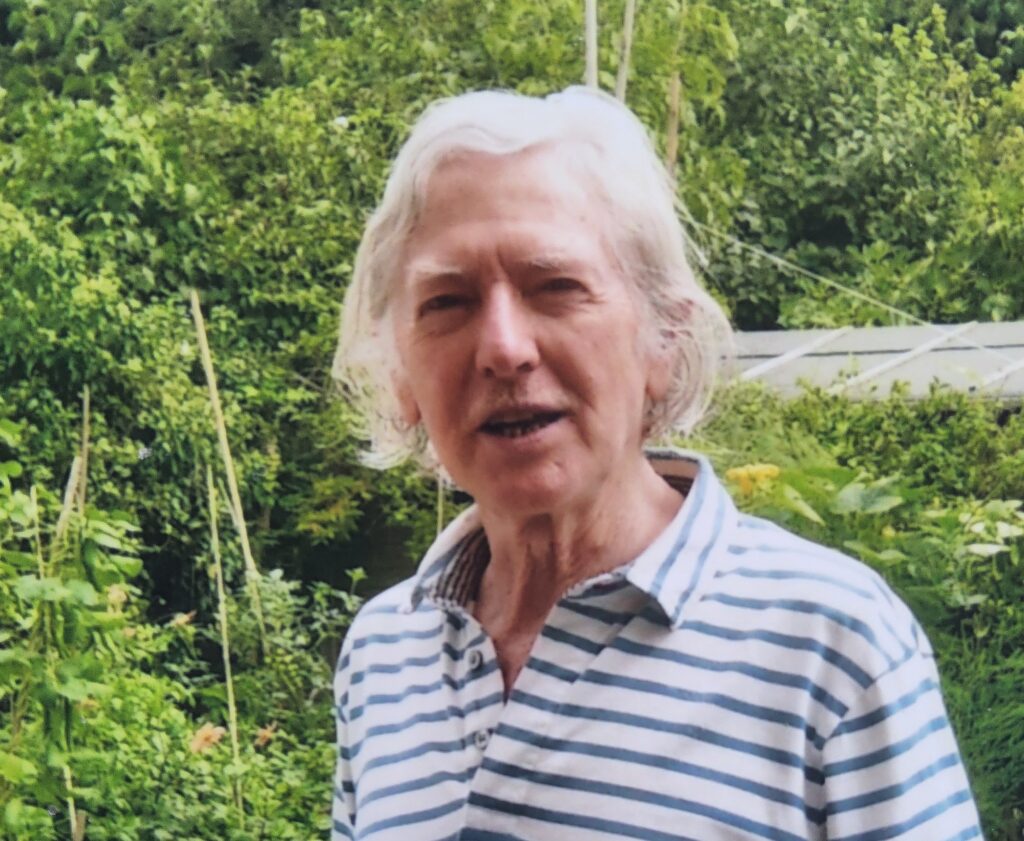Historical Materialism is greatly saddened to hear of the death of Irish socialist and art historian Martin Gaughan. A specialist in Weimar radical culture and an inspirational teacher, he was part of the generation who contributed to the revival of interest in the historical avant-garde. A modest and quiet man, Martin was enormously learned and was a regular at Historical Materialism conference in London and the seminar Marxism in Culture, helping sustain the seminar while staying with his sister Mona and her husband Bill in Bloomsbury.
Born in County Roscommon in the west of Ireland, Martin’s father, also named Martin, was a native Irish speaker who worked as a teacher and organiser for the Gaelic League and later under the Free State. His mother, Mary, was a piano teacher. Both left their mark on Martin’s enduring interests in language, Irish literature and classical music. He was one of the few who could actually read Finnegan’s Wake, with its Gaelic and Latin passages and puns (always insisting that Joyce was an anti-colonial writer).
Martin graduated from Trinity College Dublin in politics and economics. He then worked as a schoolteacher in London, before taking his PhD at University of East Anglia under the influential art historian John Gage, with the subject ‘Berlin Dadaism and Constructivism’. Martin taught at UEA, and then for a year at the University of Leeds where he was appointed by T.J. Clark, before arriving in 1980 at University of Wales Institute, Cardiff. He remained at the art school in Cardiff for the rest of his career, becoming Director of Studies for the History and Theory of Art until his retirement in 2001. On leaving Cardiff, he moved to Oxford where, after a career in nursing, his wife Nuala had taken a DPhil in Irish literature.

As well as a range of scholarly essays, Martin published two books: German Art 1907-1937: Modernism and Modernisation (2007), which examines German modernism in the context of social and technological change, and The German Left and Aesthetic Politics: Cultural Politics Between the Second and Third Internationals (2022). This second volume, which appeared in the Historical Materialism book series, is a significant achievement. The book widens the scope of investigation into cultural politics beyond the usual big guns of Marxist aesthetic theory, paying attention to lesser-known figures who were actively involved in discussing art and politics as members of the SPD, USPD, KPD and KAPD: Franz Mehring, Gertrude Alexander, August Thalheimer, Alfred Kemény (Durus), Franz Jung, Lu Märten, Karl Wittfogel, Willi Bredel, Max Raphael, Wilhelm Hausenstein, Fritz Sternberg, and many others. In English, this mapping of the intellectual terrain is unrivalled. Too often, cultural thinkers such as Lukács and Brecht are treated as unique creative personalities, here well-known figures find their place within the broader matrix of Left politics. While Martin’s own partisan allegiance to Dada and Brecht comes through in the book, the wider debates are shown to be remarkably sophisticated and urgent. He convincingly demonstrates that German radicals in art and literature had to reckon with Mehring’s defence of ‘das Erbe’, the inheritance or tradition of bourgeois culture, and compellingly suggests that the debates over radical modernism must be understood in the context of party ideas about spontaneity and organisation. Intellectual positions tended to align with organisational allegiance, but there were significant exceptions (notably Märten) and the KAPD played a significant role beyond its numerical size. The German Left and Aesthetic Politics should long remain an important guide to this critical literature and a significant contribution to the understanding of the German Revolution and the cultural forces it generated. The book could be productively read alongside another in the HM series, Ben Fowkes’s edited collection Communism and the Avant-Garde in Weimar Germany (2023).
Martin is survived by his Nuala and Mona and an endowment has been established to fund a scholarship in Irish language and literature in honour of Martin’s father’s devotion in keeping the language and culture alive. As a teacher, comrade and friend Martin Gaughan will be much missed, but his contribution will remain.
*With thanks to Mona and Bill Paton for all their help.

